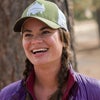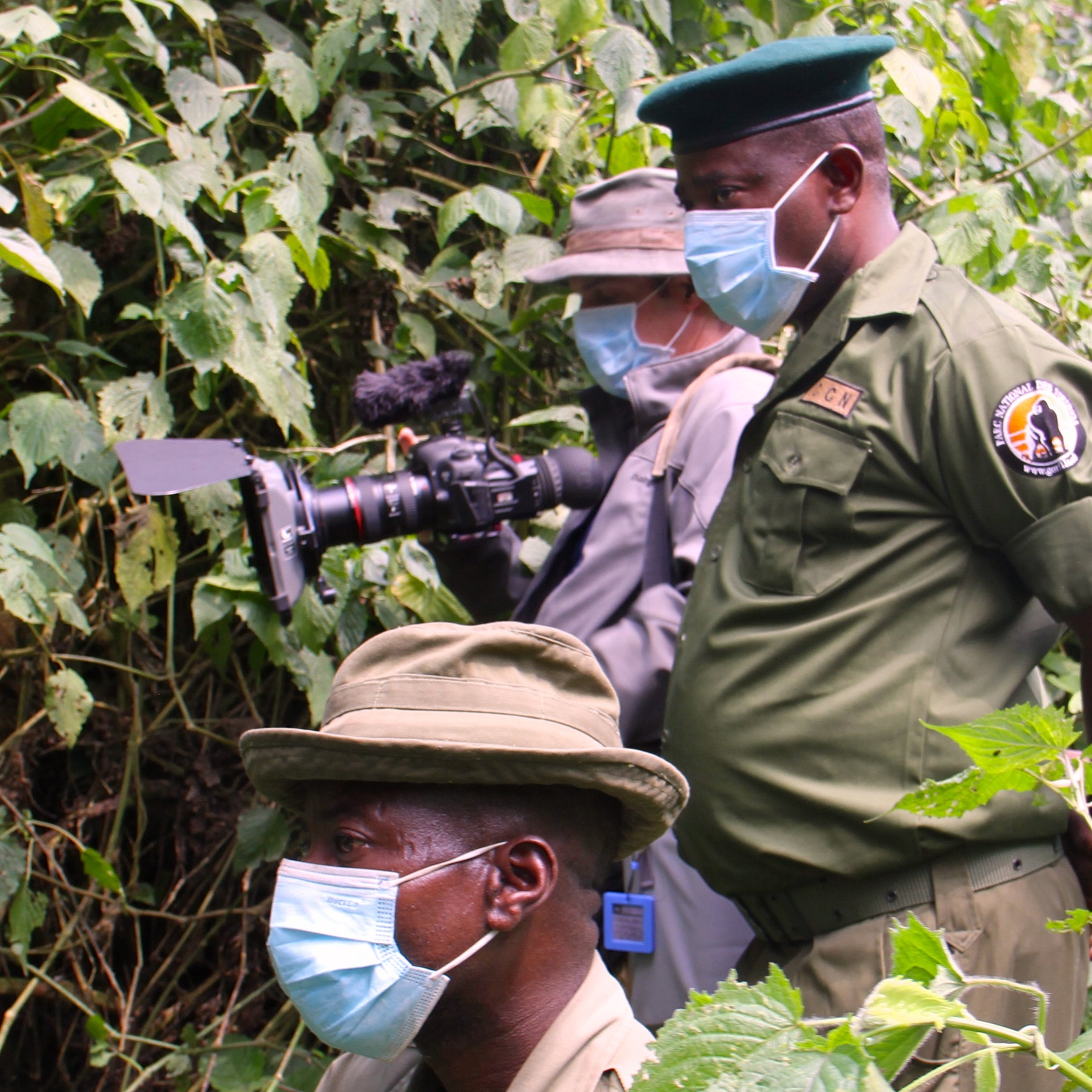Here’s a little salve if you’re feeling burnt out about the state of the world. The is presented annually to activists around the globe who have spent years, often decades, engaged in community-based endeavors to protect vulnerable places and people. It’s one of the most prestigious acknowledgements of grassroots environmental work.
The winners’ courageous efforts often come at a cost. Many face threats from those who oppose their work, and in the past year, two former awardees were killed in separate incidents. Mexican anti-logging crusader and 2005 honoree in January, and 2015 winner last March.
The risks are real, but so are the activists’ impacts. Here are the extraordinary lengths this year’s Goldman Prize winners have gone to defend the places they love.
Wendy Bowman (Australia)
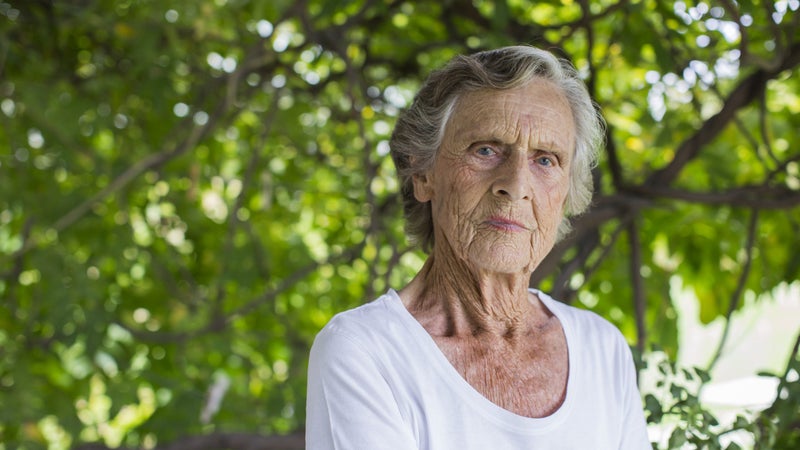
of New South Wales, Australia, for more than 150 years, but it wasn’t until the mid-1980s that open-cut coal mining began scarring the landscape. , 83, whose family has farmed the area for generations, realized that many of her neighbors didn’t understand the operations’ health and environmental risks. She founded in 1991 to track water, soil, and air quality and to .
“I think if you stick to it long enough, you can beat them.”
In 2010, into an area that included Bowman’s property. Having already relocated twice—once because pollutants destroyed her farm and once due to a surprise eviction—she feared a domino effect for farmers downstream if she should move again. Their water supply would be in danger if the mine expanded and contaminated the creek on her property boundary, which flows into the much larger . So instead of moving, Bowman participated in a public interest lawsuit that .
Yancoal is still working to expand operations, and Bowman continues to rally local residents to fight the company’s efforts. “I think if you stick to it long enough, you can beat them,” Bowman says. “The government cannot just keep on giving out land to other countries to wreck—they’ve done enough of that. I think it’s time to stop now and let us look after what we’ve got left.”
Rodrigue Mugaruka Katembo (Democratic Republic of Congo)
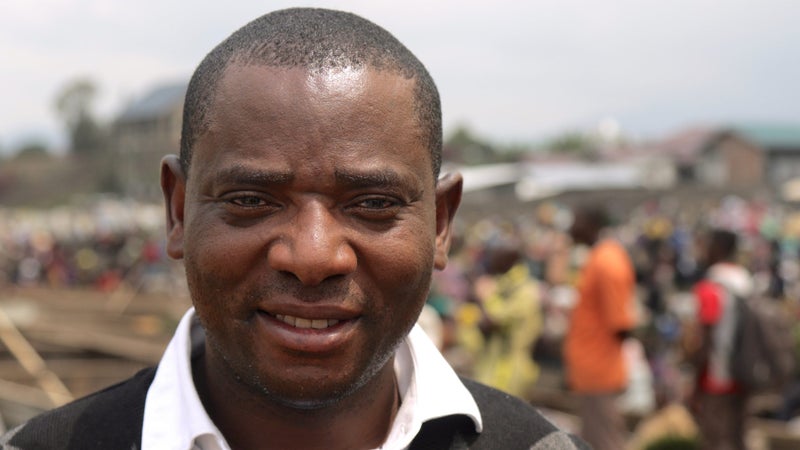
The award-winning 2014 documentary opens with a funeral. This is the reality for the rangers of , more than over the past two decades. The designated is situated in the . Its natural resources and wildlife, including the , have been threatened by local militias, civil war, and British oil company , which began skirting the law in 2010 in its quest to drill within the park’s boundaries.
, 41, is one of the people featured in the documentary. Recognizing the environmental risks posed by the potential oil extraction and the dangers of bribe-fueled corruption, he went undercover to collect evidence of over several years. As a result, Katembo was tortured and imprisoned. He was eventually released, and the recordings he made while undercover helped build international pressure against SOCO International, including a massive . The company abandoned its pursuit and left Virunga in 2015. Under continued threats to his life, Katembo also left, taking a directorial position at , where he also works to prevent wildlife poaching and illegal resource extraction.
mark! Lopez* (United States)
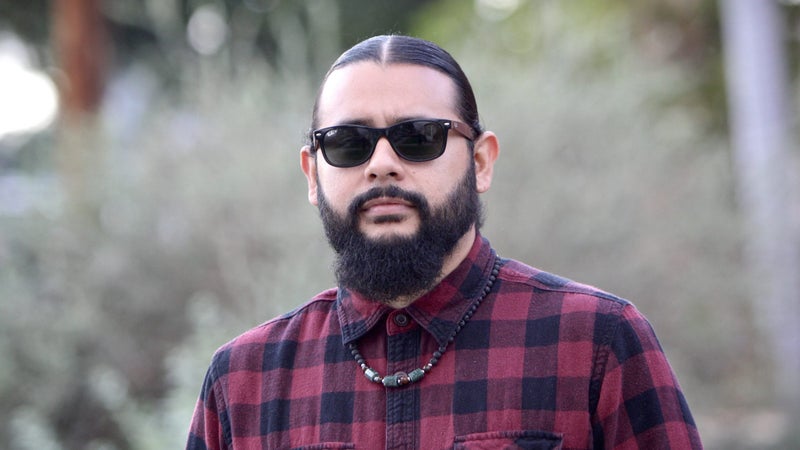
Activist mark! Lopez’s parents and grandparents fought for environmental justice in their community, and after completing a degree in environmental studies, he returned home to East Los Angeles to do the same. In 2002, his grandparents alerted him to . Lopez, 32, began researching and found that the smelter was spewing toxic substances, including about 7 million pounds of lead dust, into nearby communities—causing health problems and violating air-quality standards. Lopez began organizing under the umbrella of the (he is currently its executive director).
“It starts with just recognizing that something is wrong.”
Under mounting evidence and building pressure, the plant shut down in 2015—a victory, but not the end of the battle. Lopez immediately leaned on government officials to fund testing and cleanup efforts for more than 110,000 affected residents. While , this didn’t cover the entire contamination area, so Lopez continued his efforts. In 2016, , the fees from which will generate money to clean East L.A. communities and others in the state.
“Me and all of the folks involved in our movement are just everyday folks, you know?” says Lopez. “It’s doesn’t start with a degree. It doesn’t start with some sort of expertise on a technical issue. It starts with just recognizing that something is wrong.”
*Lopez explains that this is his preferred spelling because he is excited about being anti-capitalism.
Uroš Macerl (Slovenia)
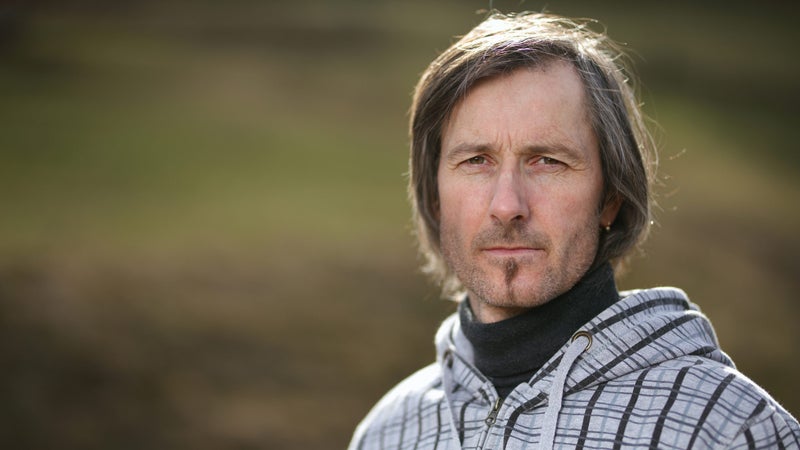
, 48, hails from a small rural town in Slovenia’s Central Sava Valley. He inherited his family’s organic farm, but there was a glitch in its pastoral lineage—the soil was infertile, and its orchards no longer bore fruit thanks to decades of pollution from long-term industrial coal mining. While the , companies shifted to burning so-called alternative fuels, including industrial waste and byproducts like (petcoke), which only introduced more toxic substances into surrounding communities.
In 2003, took ownership of a cement plant in nearby Trbovlje and announced its intentions to co-incinerate waste and petcoke, promising it wouldn’t release any harmful emissions. Macerl knew this was unlikely. He rallied community members, and they spent years collecting emissions data that proved pollution was occurring. Government officials disregarded it. In 2009, when Lafarge requested a permit to begin co-incineration, Macerl and others from the grassroots environmental organization filed a lawsuit to block the permit. They won, but the ruling was ignored.
Realizing that the Slovenian government was more interested in perceived job creation than environmental and human health, Macerl took his case to the European Commission, with charges that Lafarge was violating EU air-quality standards. Lafarge was shuttered in 2015. While the company continues its attempts at resuming operations, the area is slowly rebounding from decades of environmental contamination.
Prafulla Samantara (India)
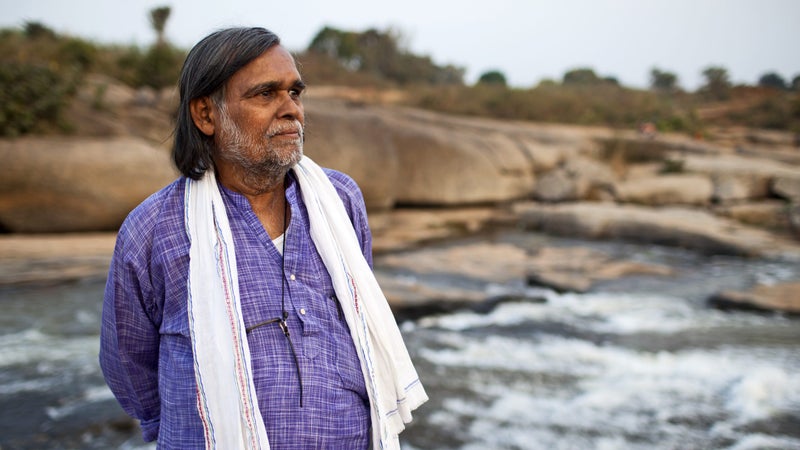
The are an indigenous group whose ancestral home is in the . The forested area in India’s Odisha state is exceptionally rich in both biodiversity and mineral deposits. In 2004, the granted British corporation the right to . While they announced the venture via government channels and select English-language newspapers, nobody bothered to tell the Dongria Kondh people—or ask their permission.
“So how will the people survive? They will be wiped out. We’re talking about ethnic extinction.”
Activist Prafulla Samantara, 65, , informing residents of the mining operation and its possible effects. “Pollution from bauxite mining lasts for a thousand years,” Samantara explains in a video about his work. “So how will the people survive? They will be wiped out. We’re talking about ethnic extinction.” He organized residents to stage peaceful protests and petitioned India’s supreme court to recognize and enforce the people’s rights. A nearly decade-long legal battle resulted in a big win in 2013, when the if the mine was allowed, giving the Dongria Kondh power to make decisions about their land.
Rodrigo Tot (Guatemala)
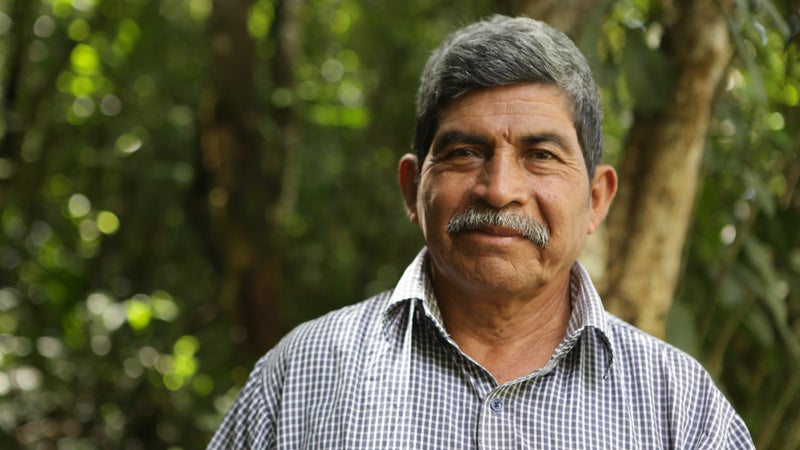
Over the centuries, many of the to the El Estor region, located on the shores of Lake Izabal. And for decades, ongoing nickel mining in the area has introduced heavy metals into the water, rendering it toxic. Instead of ceasing operations, mine owners—and the Guatemalan government—sought to expand into the nearby Agua Caliente region in 2006, when the price of nickel began to skyrocket. In that pursuit, the mine’s private security guards .
Enter Rodrigo Tot, 57, a Q’eqchi’ community leader who taught himself Spanish, an asset that allowed him to communicate with government and mining officials and serve as translator for Agua Caliente residents. Tot began securing land rights for the Q’eqchi’ in the 1970s, only to discover that corrupt government officials had torn the pages detailing those rights from the national land registry. So Tot joined forces with and the and, in 2014, to reinstate the titles.
In 2012, Tot’s eldest son was murdered, and another son was injured in the same shooting. The Guatemalan government has also ignored the court ruling and mining expansion continues. Still, Tot pushes on: his case is currently with the as he works to secure the future of the Q’eqchi’ people and their land.

